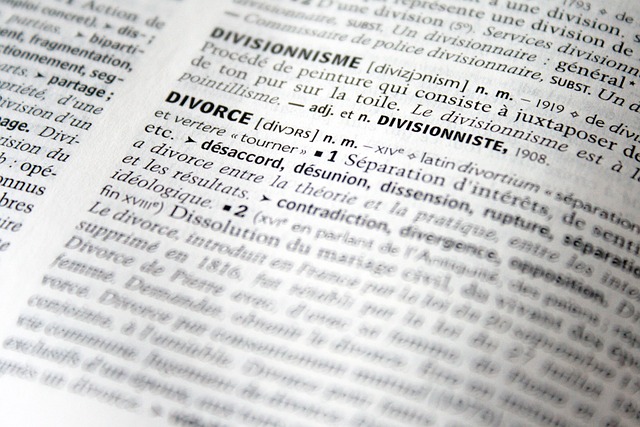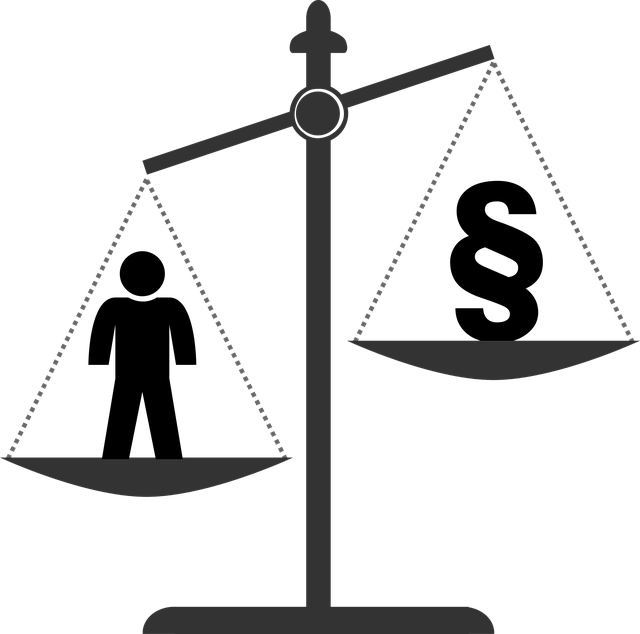Ethical considerations in plea bargaining agreements are crucial in criminal law. Attorneys navigate a delicate balance, ensuring client autonomy, avoiding coercion, and maintaining system integrity to protect rights and trust in the justice system, while efficient case management encourages informed choices and fairness for all involved.
In the intricate landscape of criminal law enforcement, plea bargaining stands as a cornerstone of procedural fairness. This article delves into the nuanced process, exploring ethical considerations in plea bargaining agreements. We dissect the delicate balance between efficient justice and due process, highlighting key aspects such as understanding the process, navigating ethical dilemmas during negotiations, and ensuring fairness and transparency in reached agreements. By examining these elements, we contribute to a more balanced approach to criminal justice.
- Understanding Plea Bargaining Process
- Ethical Dilemmas in Negotiations
- Fairness and Transparency in Agreements
Understanding Plea Bargaining Process

Plea bargaining is a critical aspect of criminal law enforcement, offering an alternative to prosecution for both corporate and individual clients facing serious charges. This process involves negotiating a deal where the defendant agrees to plead guilty to a lesser charge or accept a specific sentence in exchange for reduced charges or prosecutors dropping some allegations. However, navigating this landscape raises significant ethical considerations in plea bargaining agreements. Lawyers must ensure that their clients understand the implications of such deals, especially as these agreements can lead to substantial consequences, including jail time and long-term legal repercussions.
The ethical dilemma deepens when considering the potential for coercion or undue influence on defendants, particularly those from vulnerable backgrounds. Achieving extraordinary results through plea bargaining should never come at the cost of a client’s autonomy and right to a fair trial. Across the country, legal professionals are tasked with balancing the need for efficient justice administration with upholding the integrity of the system, ensuring that every plea bargain is both just and ethical.
Ethical Dilemmas in Negotiations

In the high-pressure environment of criminal law enforcement negotiations, ethical dilemmas often arise, particularly during plea bargaining agreements. As prosecutors and defense attorneys navigate complex situations, they must adhere to strict ethical considerations. The primary goal is to ensure fairness and justice for all parties involved, which can be a delicate balance.
Plea bargaining plays a significant role in the criminal justice system, offering a potential path to resolution for both white-collar defense and corporate clients facing serious charges. However, this process requires meticulous handling to avoid unethical practices. Attorneys must prioritize their client’s best interests while respecting the integrity of the legal system. This includes avoiding coercion, ensuring informed consent, and maintaining confidentiality, even in the face of intense pressure from opposing counsel or external stakeholders. Ethical considerations in these negotiations are vital to upholding the principles of justice and protecting the rights of corporate and individual clients alike.
Fairness and Transparency in Agreements

In the realm of criminal law enforcement, fairness and transparency are paramount, especially when discussing plea bargaining agreements. Ethical considerations in this process ensure that both parties understand the implications of their decisions. Plea bargains, while a common practice, require meticulous handling to maintain public trust. The balance between encouraging guilty pleas for efficient case management and ensuring justice for victims is delicate.
Transparency involves clear communication about the potential outcomes, including the possibility of a complete dismissal of all charges. This approach fosters a sense of fairness not just for defendants but also within the philanthropic and political communities. By being open and honest, the system allows for more informed choices, reducing the likelihood of perceived or actual injustices. For his clients, having a comprehensive understanding of their rights and options can significantly impact their future.
The plea bargaining process, while a cornerstone of criminal law enforcement, presents complex ethical considerations that demand careful navigation. Balancing the need for efficient dispute resolution with fairness and transparency is crucial. As discussions unfold between prosecutors and defendants, striking a delicate equilibrium ensures that agreements are just and accountable to all parties involved. Understanding these nuances is essential in upholding the integrity of our justice system and addressing potential ethical dilemmas head-on.






